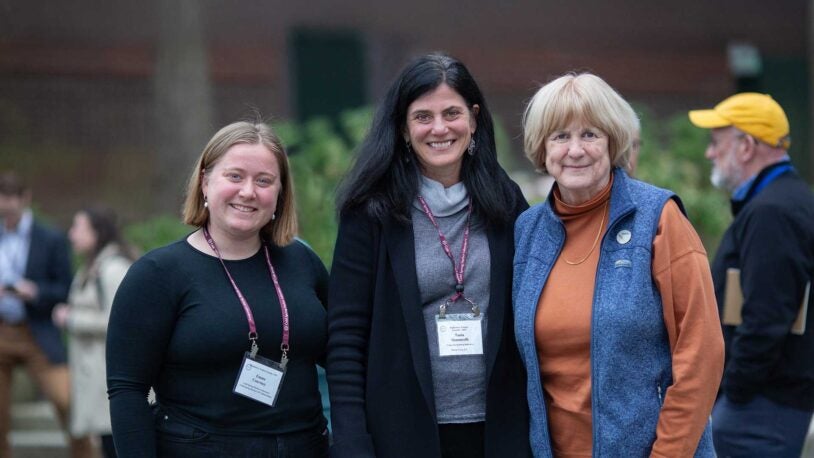
Lessons of the past, leaders of tomorrow
From March 26–29, CSHL’s Center for Humanities and History of Modern Biology hosted Cancer Genetics: History & Consequences. Read the story »

From March 26–29, CSHL’s Center for Humanities and History of Modern Biology hosted Cancer Genetics: History & Consequences. Read the story »
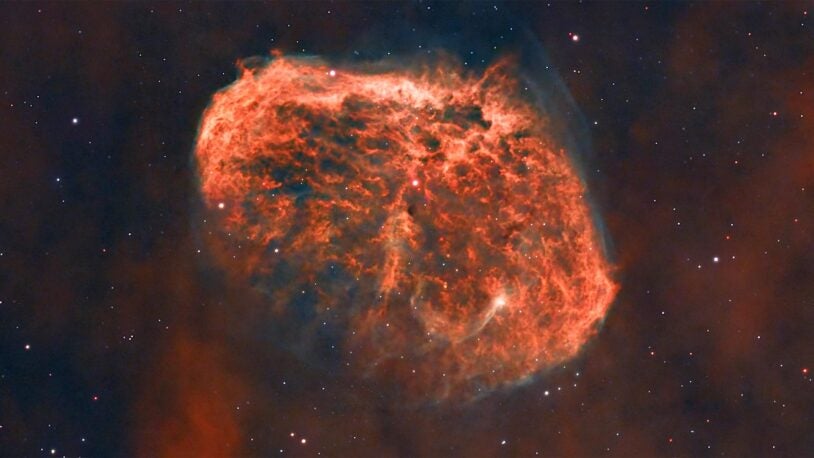
How does the brain turn sensory information into world-building neural responses? New answers could open the door to AI-powered therapeutics. Read the story »
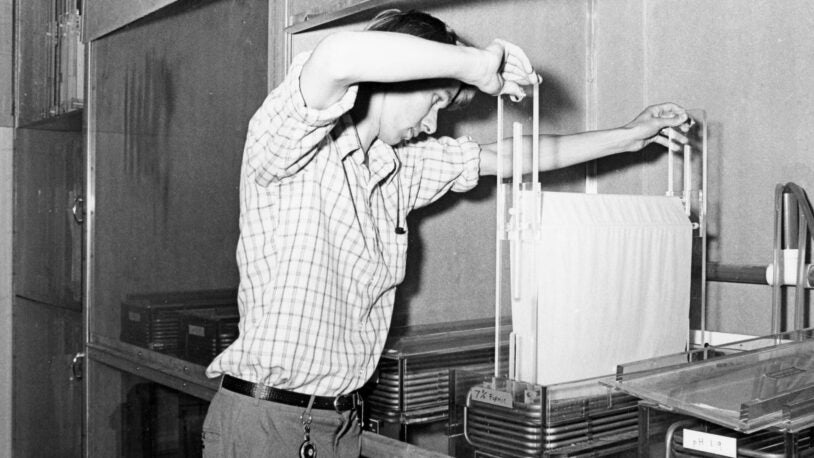
Former Cold Spring Harbor Laboratory scientist Richard Roberts won the Nobel Prize in 1993. Here, he recalls the “failure” that made him famous. Read the story »
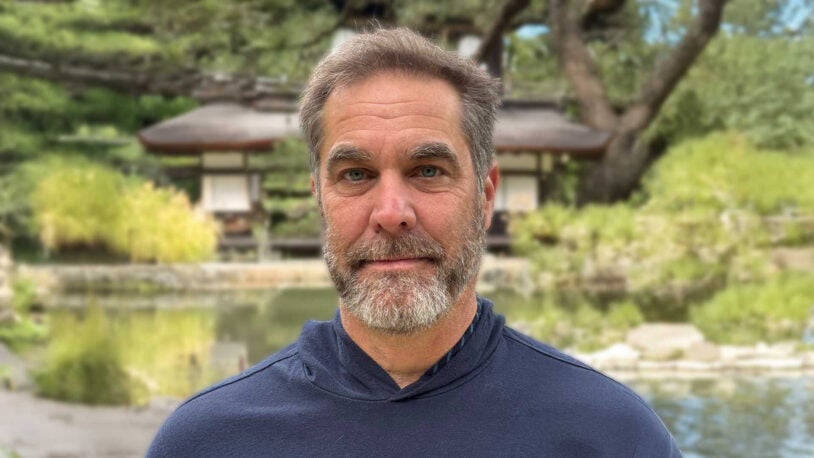
The acclaimed science journal, published by CSHL Press, has named molecular biologist Andrew Dillin as its new editor-in-chief. Read the story »

In 1991, then-CSHL Investigator David Beach and future CSHL Trustee Charles Sherr made a serendipitous discovery. They’d each isolated the same gene. Read the story »
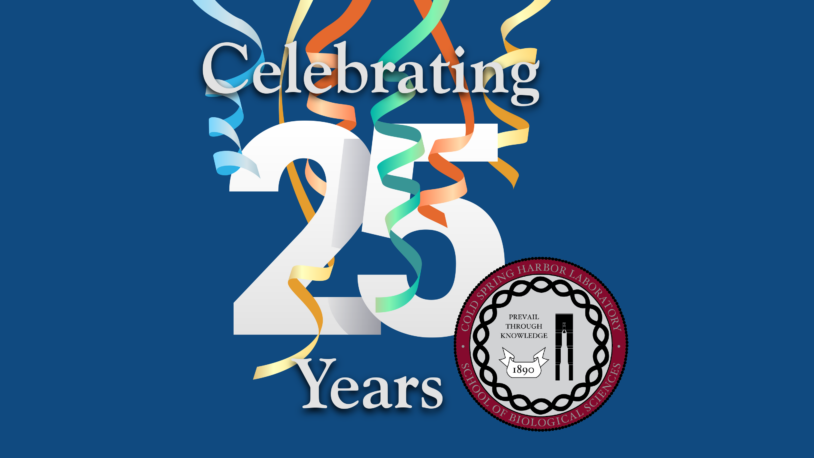
The CSHL School of Biological Sciences opened in 1999. Today, its graduates have become leaders in research, academia, and industry. Here’s how. Read the story »
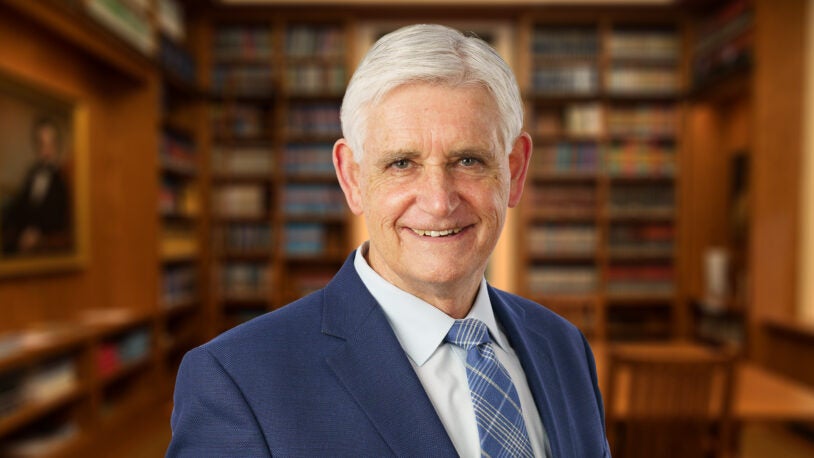
“The opportunity to turn curiosity into discoveries that impact the human condition is at the core of CSHL’s mission,” writes President Stillman. Read the story »
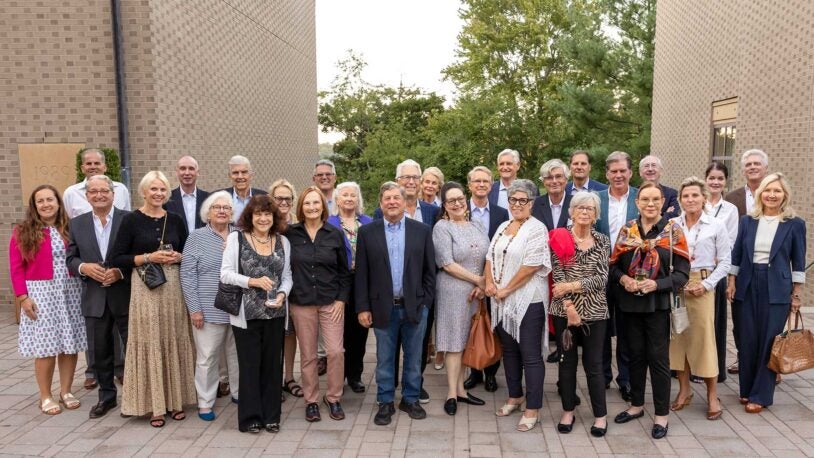
A look back on the remarkable history of the group that helped turn Cold Spring Harbor, NY, into a leading destination for breakthrough bioscience. Read the story »
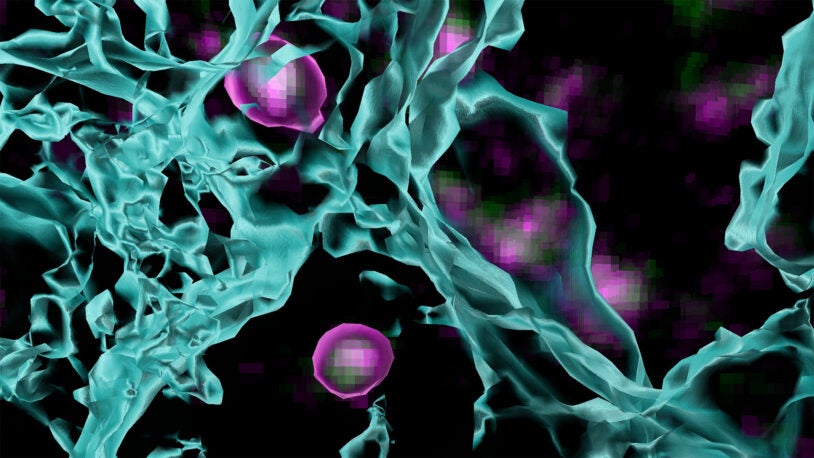
The brain relies on cells called OPCs to refine neural connections. CSHL’s Lucas Cheadle can now look at these synapse pruners in a whole new light. Read the story »

Working at the intersection of neuroscience and computer science, CSHL researchers aim to build AI that will benefit everyone, not just the lucky few. Read the story »
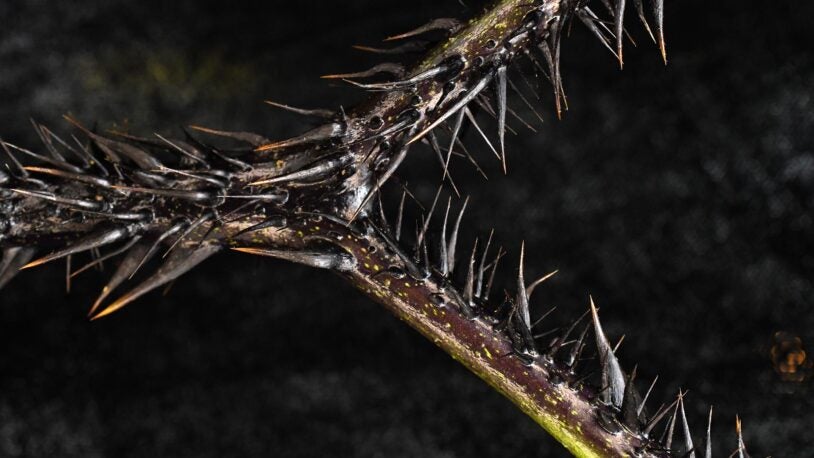
CSHL’s meanest plant may help the Lippman lab tame prickly indigenous crops like Australia’s desert raisin. Read the story »
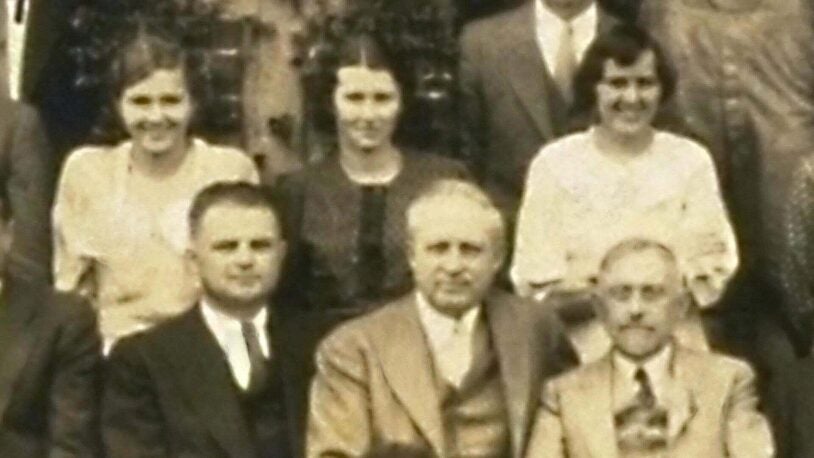
Oscar Riddle identified the hormone behind lactation in 1933. The discovery at CSHL continues to inspire research on women’s health and breast cancer. Read the story »
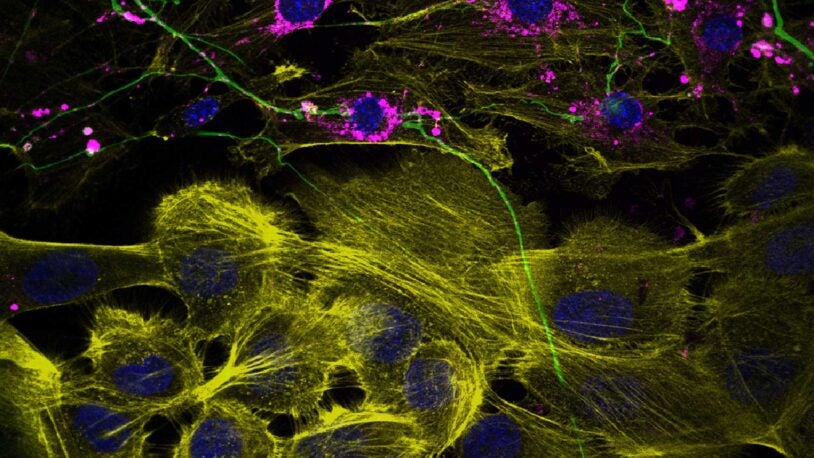
An angry peacock is no joke. Like the colorful bird and its tall tail feathers, cancer biology can make for some eye-catching images. Read the story »
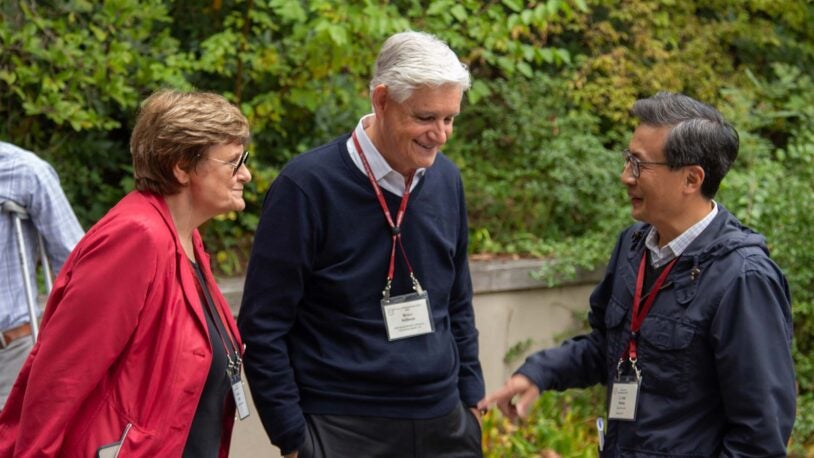
CSHL President & CEO Bruce Stillman discusses our institution’s societal impacts and global connections as forces for further scientific progress. Read the story »
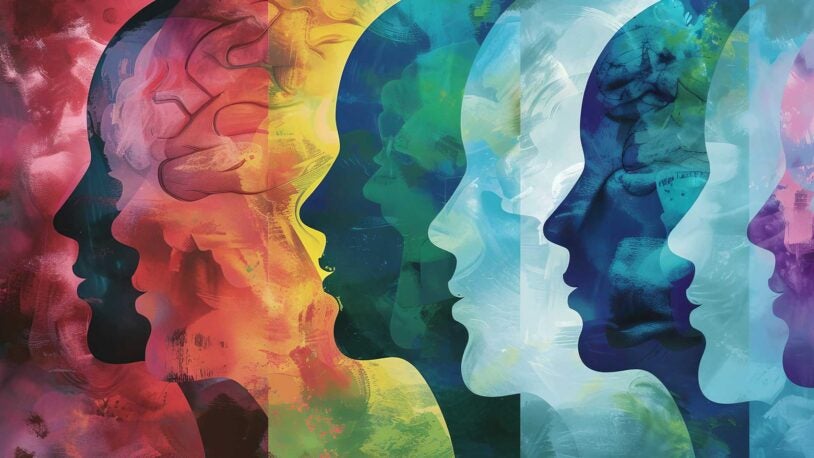
CSHL research on autism involves massive databases with thousands of genomes. Meet a few of the brave individuals who help make this work possible. Read the story »
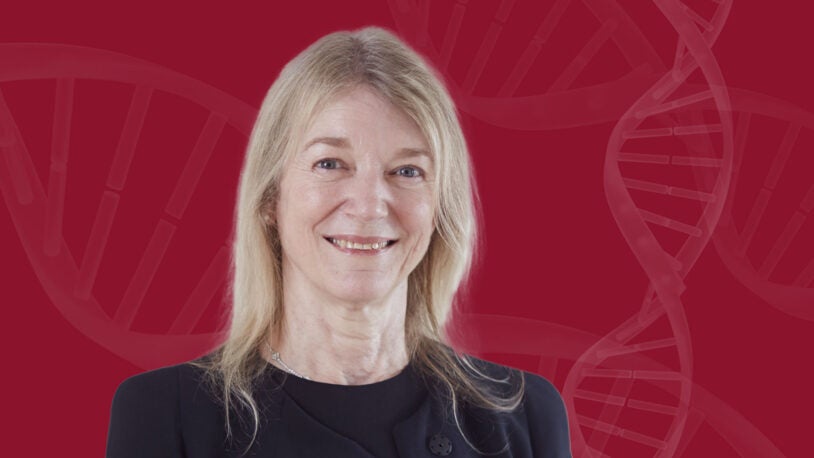
The CSHL School of Biological Sciences awarded its honorary Doctor of Science degree to neuroscientist and geneticist Cori Bargmann Ph.D. Read the story »
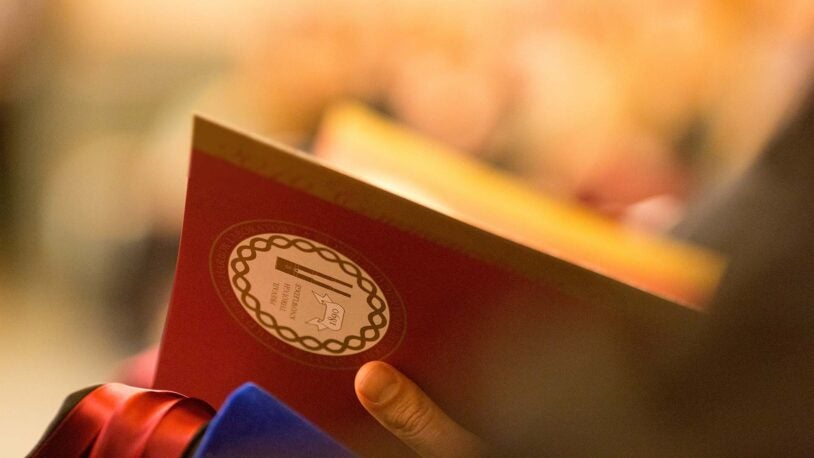
The School of Biological Sciences awarded Ph.D. degrees to 11 students this year. Here are some stories and reflections from their time at CSHL. Read the story »
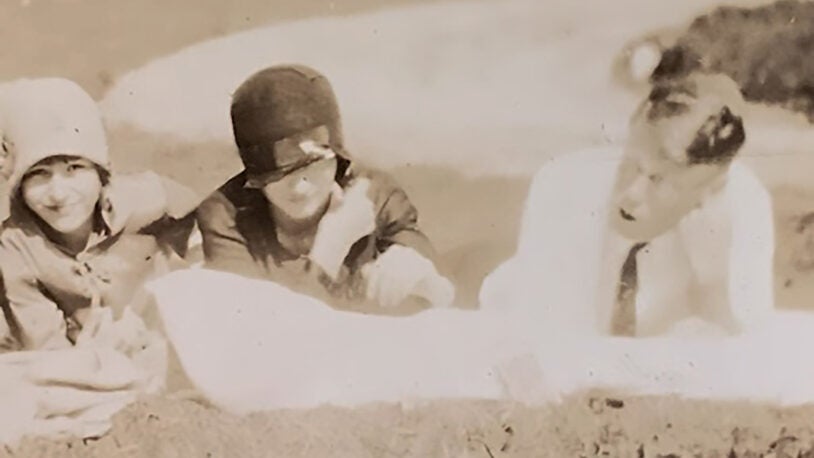
In 1929, Ruth Patrick came to CSHL to study plant life. She’d meet her future husband here and go on to pioneer an entirely new field of biology. Read the story »
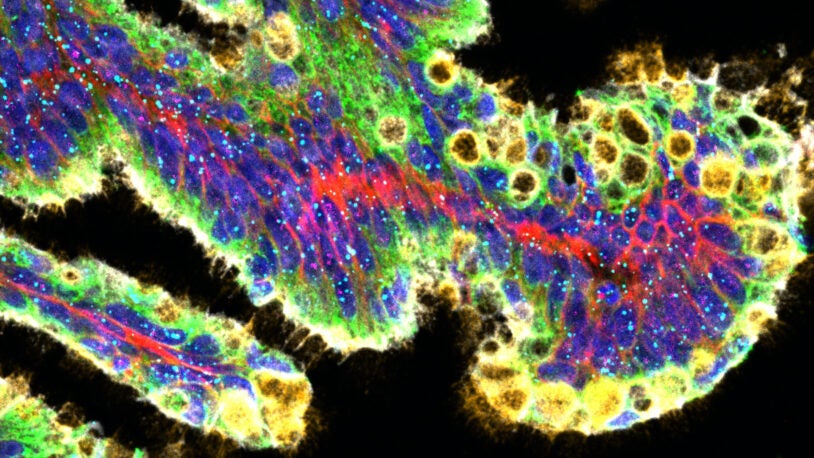
That’s not the Starship Enterprise burning up in space. It’s an up-close look at precancerous pancreatic lesions and the mucus they produce. Read the story »
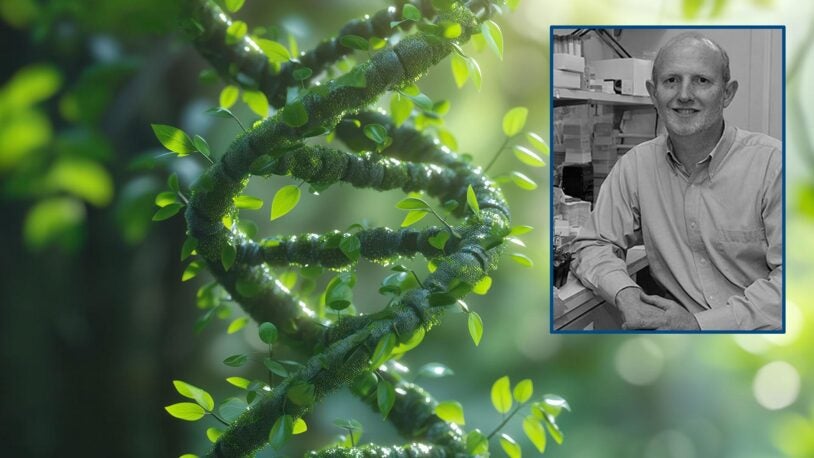
CSHL played a lead role in mapping the first plant genome. Today, that breakthrough fuels a whole new understanding of life on Earth. Read the story »
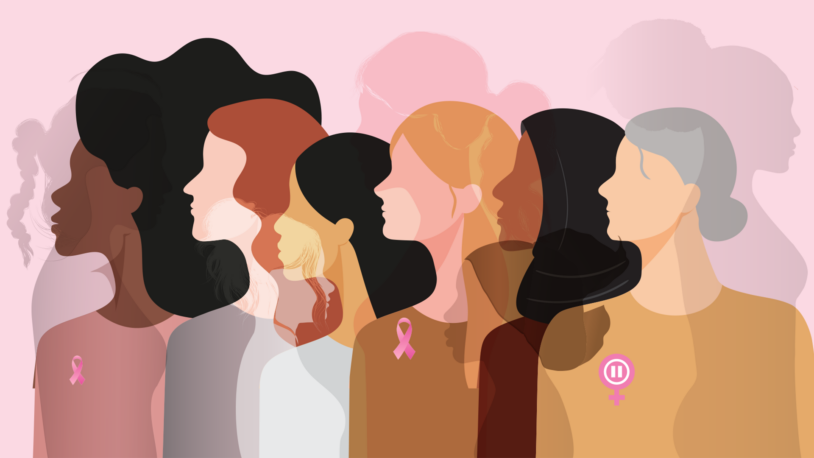
CSHL’s Camila dos Santos and Jessica Tollkuhn offer empowering insights into breast cancer prevention, pregnancy, menopause, and hormone therapy. Read the story »
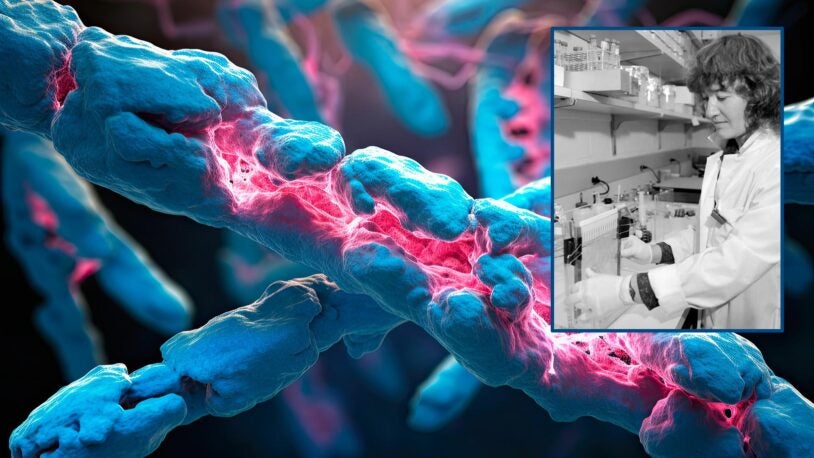
Former CSHL Fellow Carol Greider’s Nobel-winning research has led to new cancer treatments. Now, it’s helping us unravel the mysteries of aging. Read the story »

Researchers at the CSHL Cancer Center study the links between disease and nutrition in hopes of uncovering new treatment and prevention strategies. Read the story »
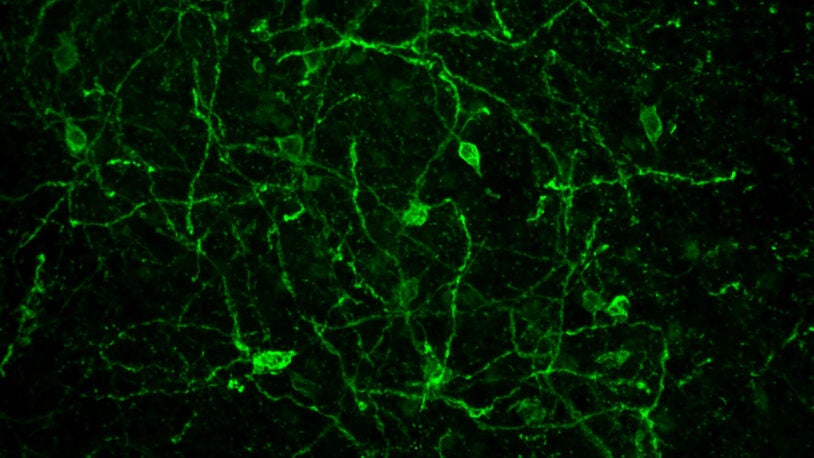
Everyone is “wired” differently. CSHL Associate Professor Jessica Tollkuhn maps the genes sex hormones use to shape developing brains. Read the story »
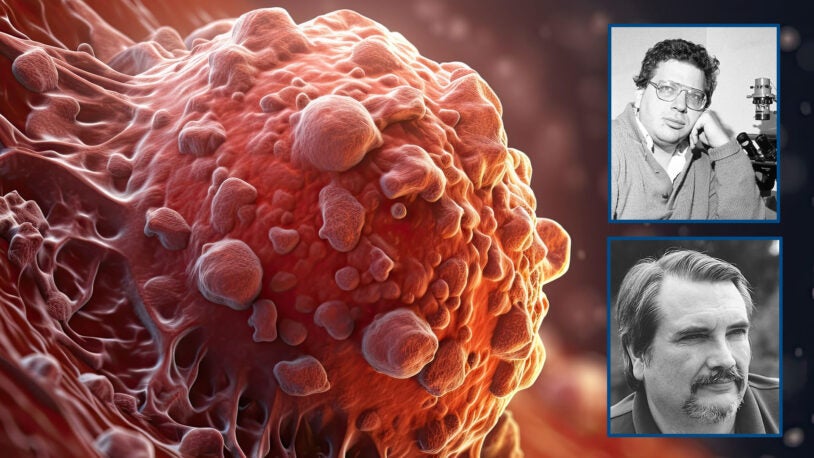
One cancer gene, one cancer genome, two Cold Spring Harbor Laboratory discoveries that helped shape the face of modern cancer medicine. Read the story »
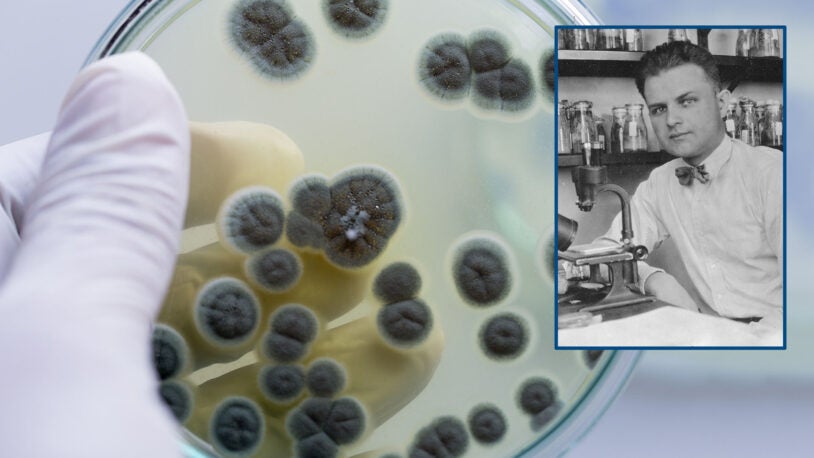
How Cold Spring Harbor Laboratory’s research on penicillin in the 1940s helped the U.S. win World War II and changed medicine forever. Read the story »
Try these search tips: